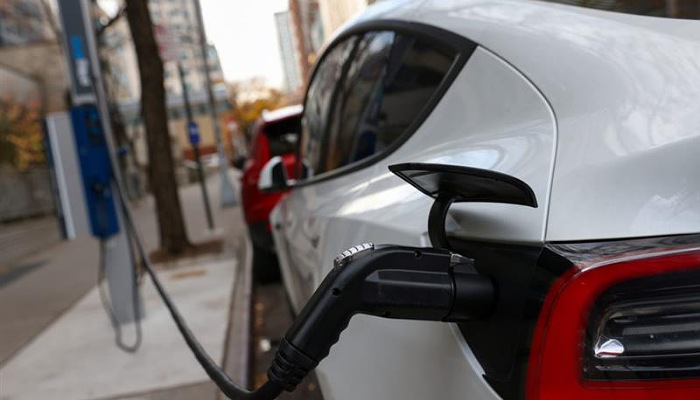
Nigeria’s government has exempted 63 items from Value-Added Tax (VAT) under the 2024 fiscal reforms, including electric vehicles, gas processing equipment, and biofuel components. This initiative, led by the Presidential Committee on Fiscal Policy, aims to reduce industry costs, promote cleaner energy, and boost the country’s economic recovery efforts.
In a significant move towards fiscal reform, the Nigerian government has exempted 63 items from Value-Added Tax (VAT) under the “Value Added Tax (Modification) Order, 2024,” issued on September 3. This reform was announced by Taiwo Oyedele, the Chairman of the Presidential Committee on Fiscal Policy and Tax Reforms, via a post on X (formerly Twitter).
The VAT exemptions are part of a broader plan to support key industries, including the oil and gas sectors. These measures, alongside tax reliefs for deep offshore oil and gas production, were introduced to boost the country’s economic recovery efforts, according to Wale Edun, Nigeria’s Minister of Finance and Coordinating Minister of the Economy.
Among the VAT-exempt items are electric vehicles, CNG (Compressed Natural Gas) and LPG (Liquefied Petroleum Gas) dual-fuel vehicles, various components for gas and LNG (Liquefied Natural Gas) processing, as well as equipment and chemicals critical to biofuel production.
The government’s fiscal reforms also include the retroactive exemption of some items like Automotive Gas Oil (AGO), effective from October 1, 2023. The move is aimed at reducing the operational costs for industries and promoting cleaner, energy-efficient technologies in Nigeria.
Below is a summary of the VAT-exempt items:
- Electric vehicles and related parts
- CNG trucks
- Gas water heaters
- Biogas digesters
- LPG/CNG conversion kits
- Cryogenic storage tanks
- LNG-related chemicals, and more.
These exemptions are designed to reduce the tax burden on industries, encourage sustainable practices, and stimulate local manufacturing.







